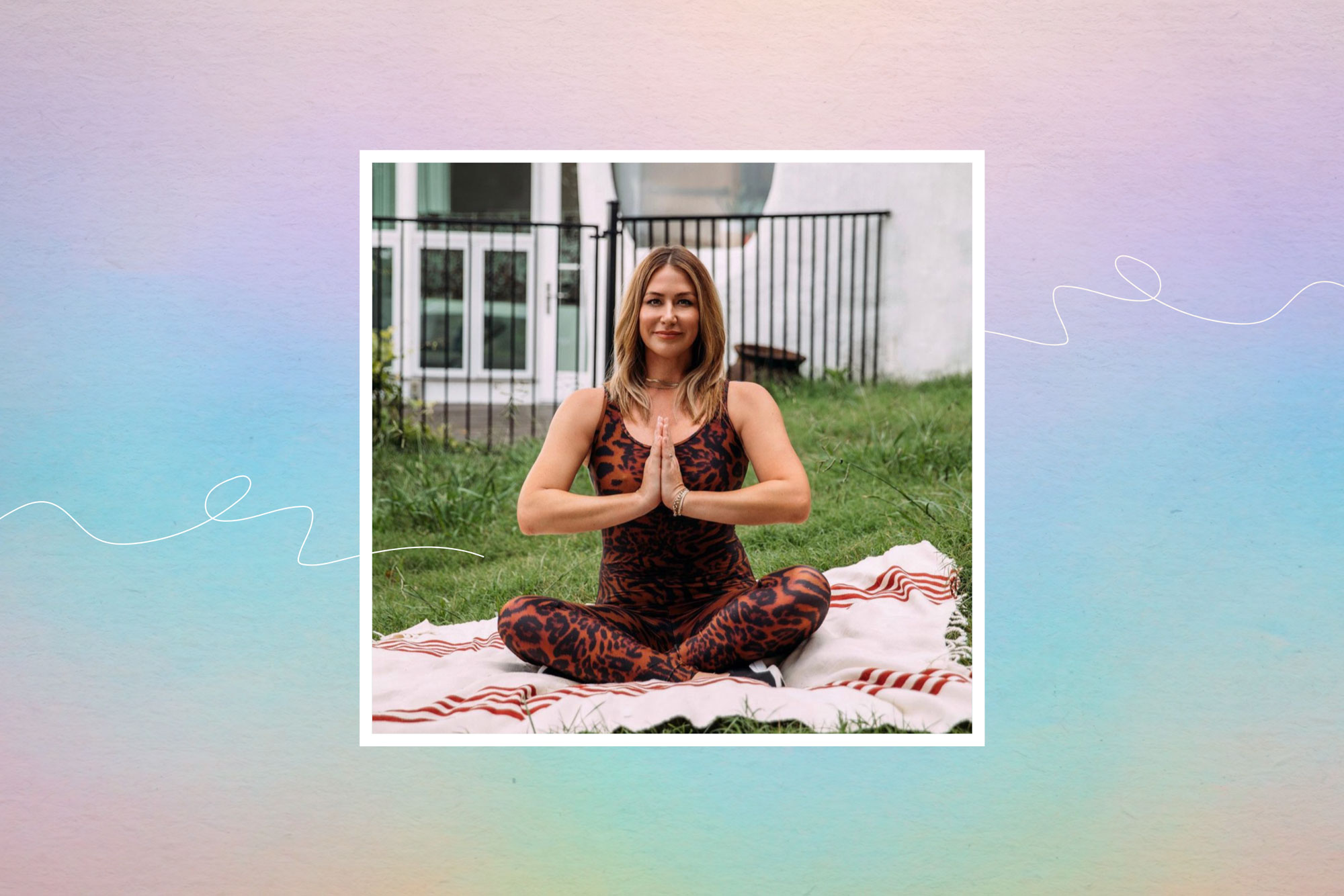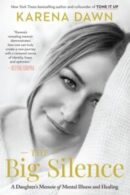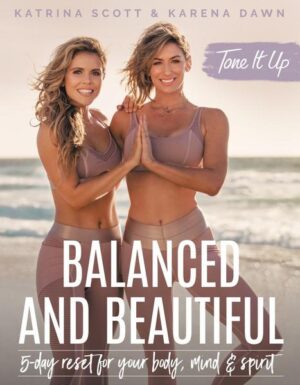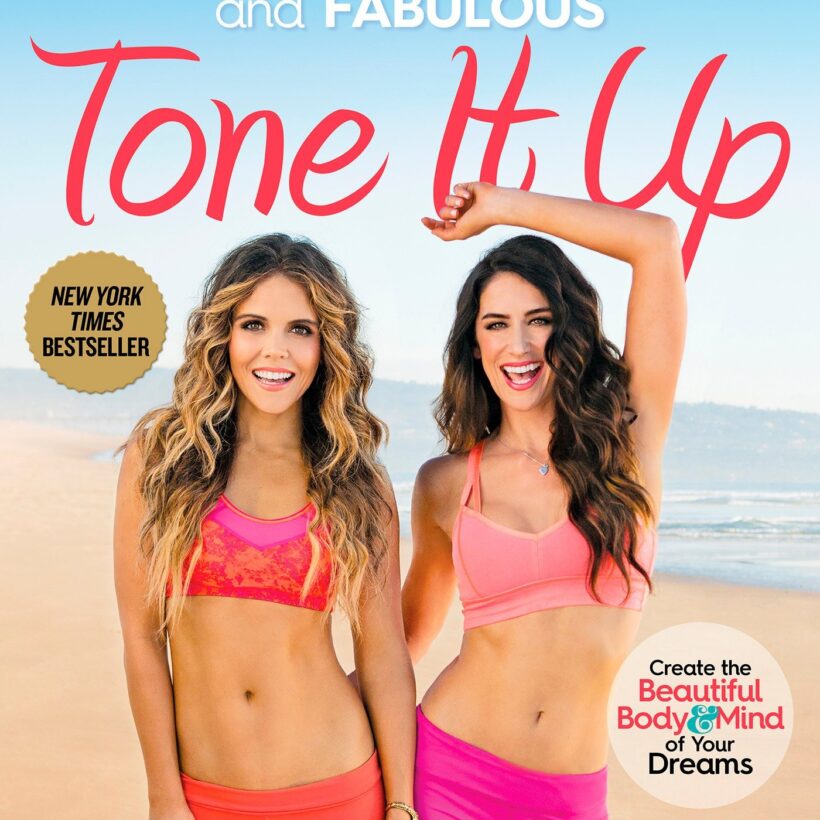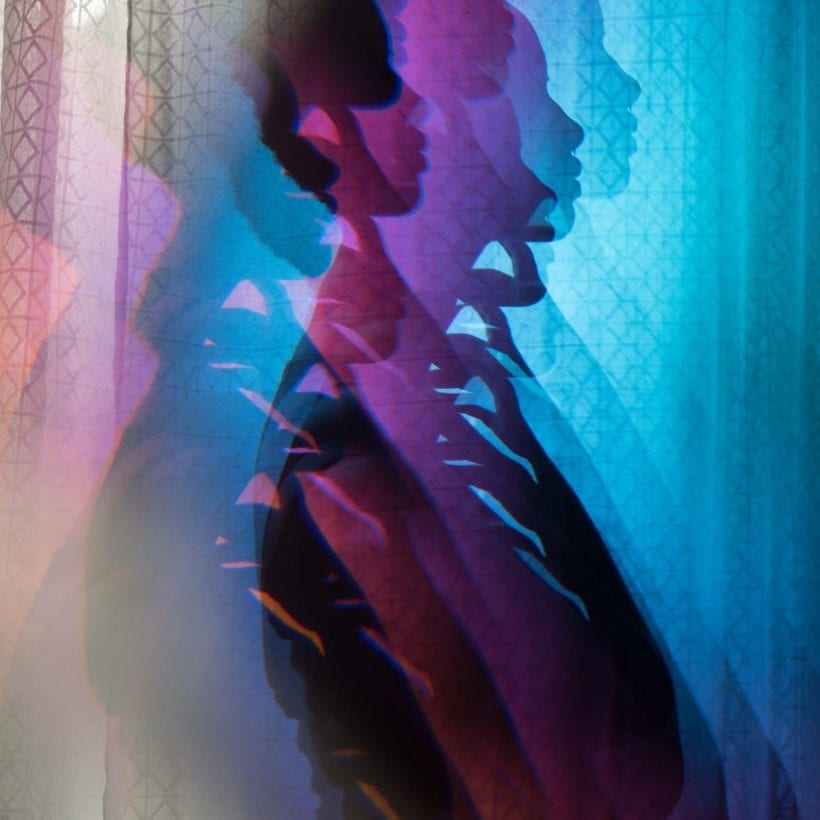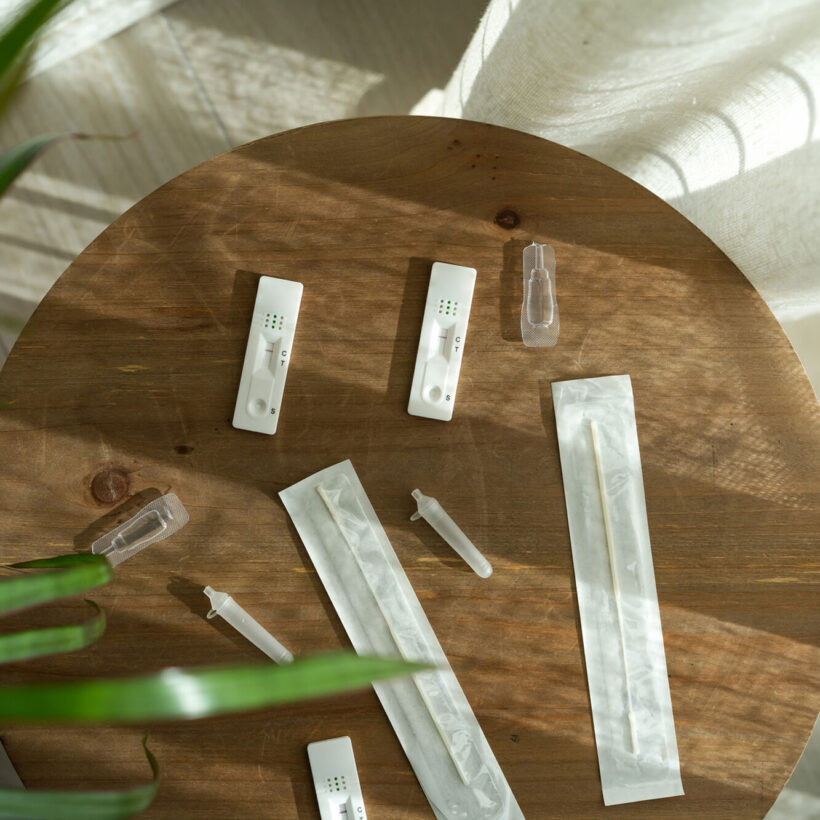In many ways, Karena Dawn, co-founder of fitness and wellness brand Tone It Up, owes her mental health epiphany to a bout with psoriasis.
Dawn was in her early 20s and in a dark place. “I was highly stressed, highly depressed, using drugs, not taking care of myself, not eating well,” she says. “I went to a doctor [for the rash], and she’s like, ‘What is going on in your life that you’re this stressed out?’ A few different things led to my ‘aha moment,’ but that was one of them.”
When Dawn left the doctor, she started thinking about when she’d last been happy. She recalled memories of running as a kid; she ran her first half marathon in sixth grade and always loved being active. “Even as a little girl, I would watch my mom workout to Jane Fonda VHS tapes, and I was like, let’s go back to that little girl who was so happy. So I started pursuing that and healing through movement,” she says. “The phrase ‘mental health’ wasn’t used back then, but the tools were there.”
She began regularly practicing yoga, going to therapy, and training for a triathlon. “That became my healing process,” she says. Now, the entrepreneur has built her career on making those tools more accessible, most recently with the launch of The Big Silence — the memoir, a podcast, and a 501(c)3 foundation all aimed at changing the narrative around mental health.
It couldn’t come at a better moment after two collectively dark years of the pandemic. “We all went through this traumatic experience in our way, in our world,” says Dawn. For so many of us, that involved a shift in how we think about wellness, redefining our relationship with our bodies, movement, and holistic health. Dawn was no exception. In addition to weathering the isolation and fear of the pandemic, she also lost her mother after a long illness, and wellness routines based on Instagram perfection were the furthest thing from her mind.
“During COVID-19, I gained 20 pounds. Possibly more. I haven’t weighed myself in over two years. It was too much pressure,” she says. “When my mother was sick and passing away, fitness was not top of mind. I was mentally drained at the beginning of the day and the end of the day. My fitness routine suffered.” And that’s okay, she emphasizes. “I’ve always liked the word ‘season’ because we are nature,” she says. “We are allowed to have seasons and go through things. So I gave myself that grace and that space.”
Dawn opens up about letting go of guilt and the routines that make her feel centered even in seasons of chaos.
The Edit: Physical fitness can be a powerful tool for mental wellness, but there’s also a lot of toxic baggage that can come with the pressure to work out. How do you find balance?
Karena Dawn: We are in a society where we don’t teach [women and girls] to love their bodies. We put too much pressure on thinking, ‘I have to do this, or I have to work out this many days per week.’ We always have ebbs and flows in what our bodies need.
I always try to do what I feel is mentally right for me at the time. I went from triathlons to weight lifting to workouts on the beach. Right now, I’m really into yoga and hiking. Over quarantine, I just tried to go for walks. Sometimes my body says, ‘I need sleep’ versus exercise. I think sleep is just as important.
What did your approach to wellness look like during quarantine?
Dawn: My routine was getting out in nature — I just tried to walk every day. That was it. I just allowed myself to get out and get in nature. It could be 10 minutes or 20 minutes. Usually, if you’re like, alright, just get up and move your body for 10 minutes; it turns into 45 minutes. I would make walking dates with my friends where we would call each other and talk and walk. That was helpful because we weren’t connecting in person.
How do you protect your mental space from fitness guilt?
Dawn: I push myself however much I need to push myself. I’m not competitive, and I’m not a perfectionist, and I think that’s important. In the past, in my twenties, I was very hard on myself that I wasn’t doing enough. I’m 41 now. I think you learn more about yourself and what makes you happy — you need to be your biggest supporter and listen to yourself, your gut, your instinct, and what you need.
What role does mindfulness play in your wellness routine? And how do you make it happen with such a busy schedule?
Dawn: Everyone thinks that mindfulness is so complicated, but it literally can be 30 seconds of being present and aware of your surroundings and finding solitude. I try to do it daily. One of the biggest things is finding solitude and silence to be yourself. Even on [my book] tour, I’m in a bus bouncing around most of the time, but in the mornings, when we wake up, if I can just find a few moments of gratitude, take a deep breath, and bring awareness to my body… mindfulness can be that simple.
Then we can train our minds not to have so many thoughts. We have like 80,000 to 100,000 thoughts per day, which can cause a lot of anxiety. If you can learn through meditation how to control your thoughts, it helps with any kind of anxiety.
You’ve become more open about your mental health journey in recent years — struggling with depression, drug abuse, or a suicide attempt. You share a lot about that in the book and how your mom’s struggle with mental illness shaped you. What made you want to start talking about it?
Dawn: I’ve always quietly been an advocate. I’ve spoken out in schools teaching kids about mental health and suicide prevention. I wanted to bring it more into the public eye, but I had my stigma [that kept me silent]. When we started Tone It Up, I would say, ‘No one can know my past!’ like something was wrong with me.
Then finally, I think I just hit this breaking point. I was like, I don’t care. Once you start talking about it, you become free. As you get older, you realize it doesn’t matter because instead of worrying about what people think, you start thinking about the people you’re helping to heal. I’m fortunate enough to have come out of the darkness. It’s a beautiful part of this to be able to give back. I wanted to start a nonprofit to help others because I suffered so much as a teenager. No one was talking about [mental health]. Now I’m making noise.
We only recommend products we have independently researched, tested, and loved. If you purchase a product found through our links, Sunday Edit may earn an affiliate commission.
